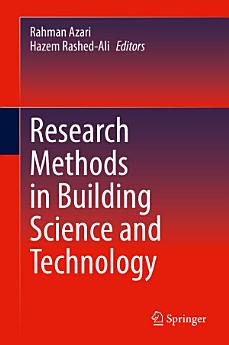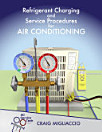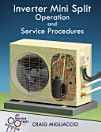Research Methods in Building Science and Technology
About this ebook
- Provides advanced insight into the research methods and presents the key methodologies within the field of building science and technology.
- Reviews simulation-based and experimentation/field-based methods of data collection and analysis in diverse areas of building science and technology, such as energy performance, window and enclosure studies, environmental LCA, daylighting, CFD, and thermal comfort.
- Provides a range of perspectives from building science faculty and researcher contributors with diverse research interests.
- Appropriate for use in university courses.
About the author
Dr. Rahman Azari is an architect, Associate Professor, and founding director of the Resource and Energy Efficiency (RE2) Lab at the Department of Architecture, Pennsylvania State University. Dr. Azari is also a co-funded faculty at the Penn State Institutes of Energy and the Environment. Prior to Penn State, Dr. Azari served as an assistant professor (2017-2020) and the interim director (2018-2019) of the Architecture PhD program at Illinois Institute of Technology (IIT) in Chicago, and an assistant professor (2013-2017) at University of Texas San Antonio.
Dr. Azari’s research focuses on life cycle environmental impacts of built environments, innovative building materials for energy production and carbon absorption, and building carbon efficiency. Dr. Azari is a recipient of the American Institute of Architects’ (AIA) Upjohn Research Grants in 2018 and 2019, and a faculty sponsor to student winning entries to ACSA+AIA COTE Top Ten competition awards in 2016 and 2017. In 2019, Dr. Azari was recognized as a ‘Researcher to Know’ by the Illinois Science and Technology Coalition. In 2018, Dr. Azari co-edited the Energy and Buildings’ Special Issue on Embodied Energy and Carbon Efficiency. Dr. Azari’s research has been widely published in various conference and journal venues. With a background in Architecture, Azari holds a Ph.D. in Built Environment from the University of Washington in Seattle.Dr. Hazem Rashed-Ali is an Associate Professor in the Department of Architecture, The University of Texas at San Antonio. His research focuses on sustainable architecture and urbanism with an emphasis on minimizing the negative environmental impacts of the built environment through the design of high-performance, energy efficient, and carbon neutral buildings and communities. He is the recipient of several research grants both individually and as part of interdisciplinary collaborative teams. Dr. Rashed-Ali’s work was published in prominent national and international conferences and journals. He is also the Past President of the Architectural Research Centers Consortium. Dr. Rashed-Ali holds a PhD in Architecture from Texas A&M University and a M.S. in Architecture from Oxford Brookes University. He is a registered architect in Egypt.




